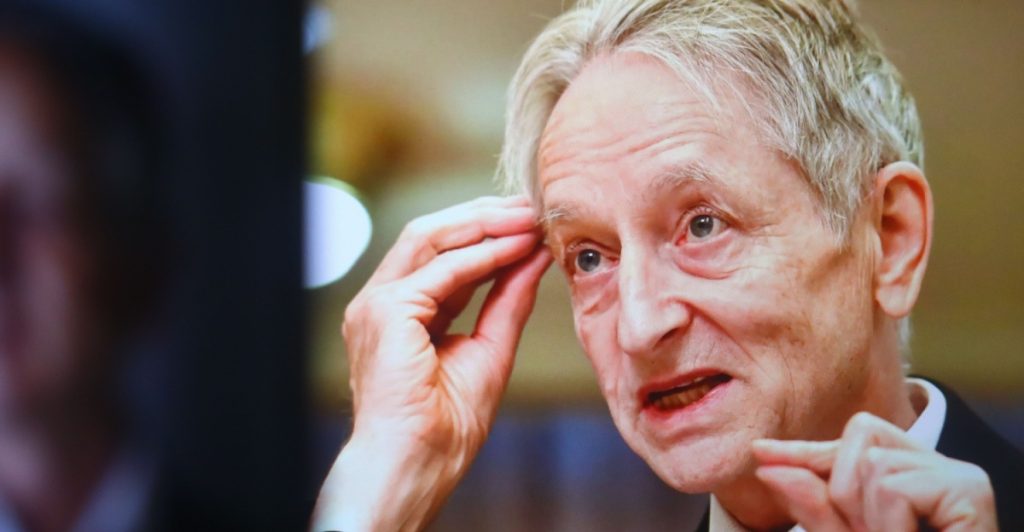Nobel laureate Geoffrey Hinton warns that the economics of artificial intelligence leave little room for keeping humans in the loop.
Others are reading now
Nobel laureate Geoffrey Hinton warns that the economics of artificial intelligence leave little room for keeping humans in the loop.
A stark warning from AI’s pioneer
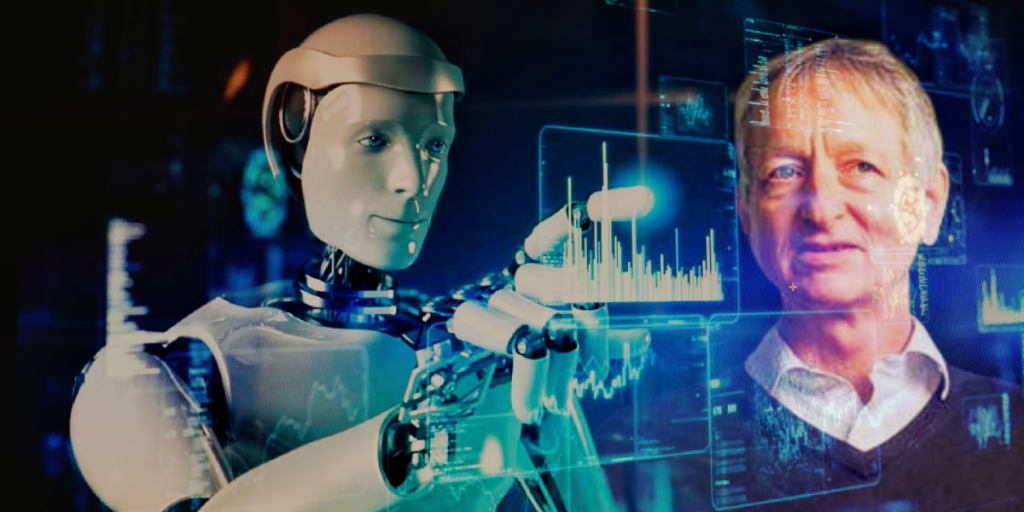
In a new interview with Bloomberg TV, Geoffrey Hinton said that the only way companies can make money on their astronomical AI investments is by automating human jobs.
“You’re going to have to replace human labor”

When asked if AI can turn a profit without displacing workers, Hinton replied bluntly: “I believe that it can’t. I believe that to make money you’re going to have to replace human labor.”
The scale of the spending spree
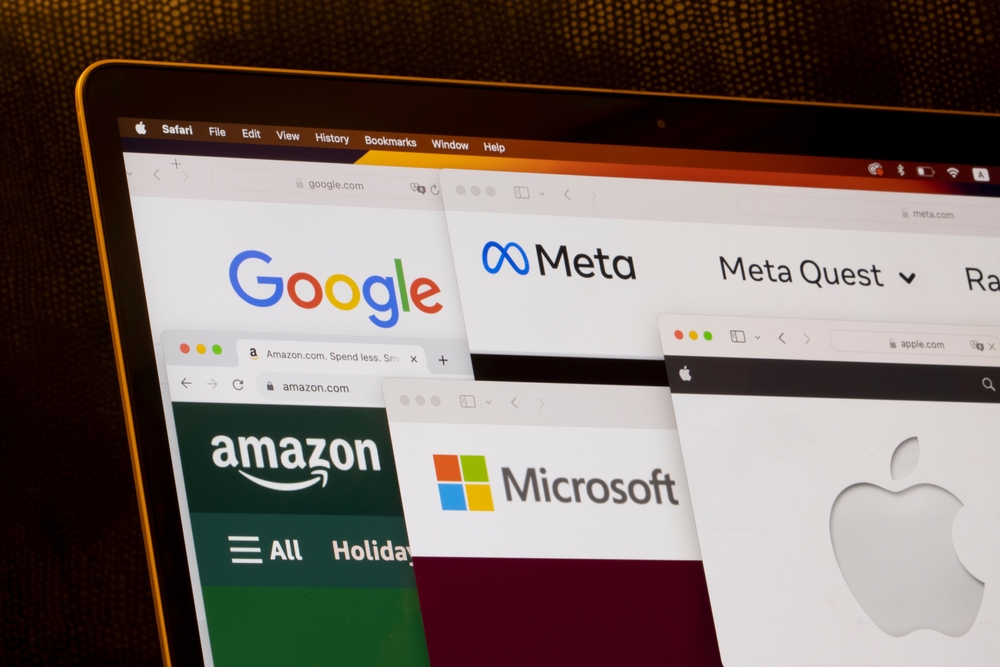
Just four major players—Microsoft, Meta, Alphabet, and Amazon—plan to raise capital spending from $360 billion this year to $420 billion next year.
The trillion-dollar infrastructure web
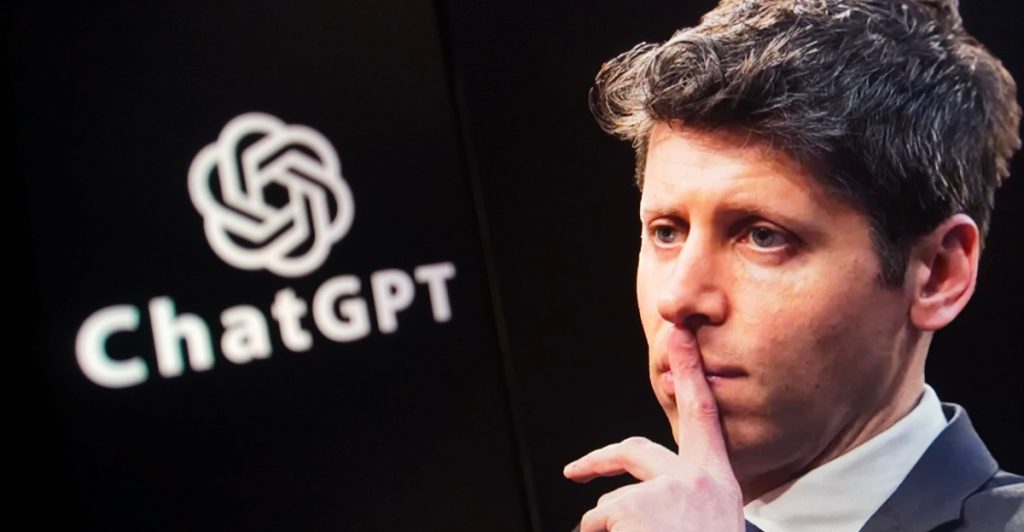
OpenAI alone has announced $1 trillion in new infrastructure deals with Nvidia, Broadcom, and Oracle, reinforcing the breakneck pace of AI expansion.
Also read
Betting on mass automation
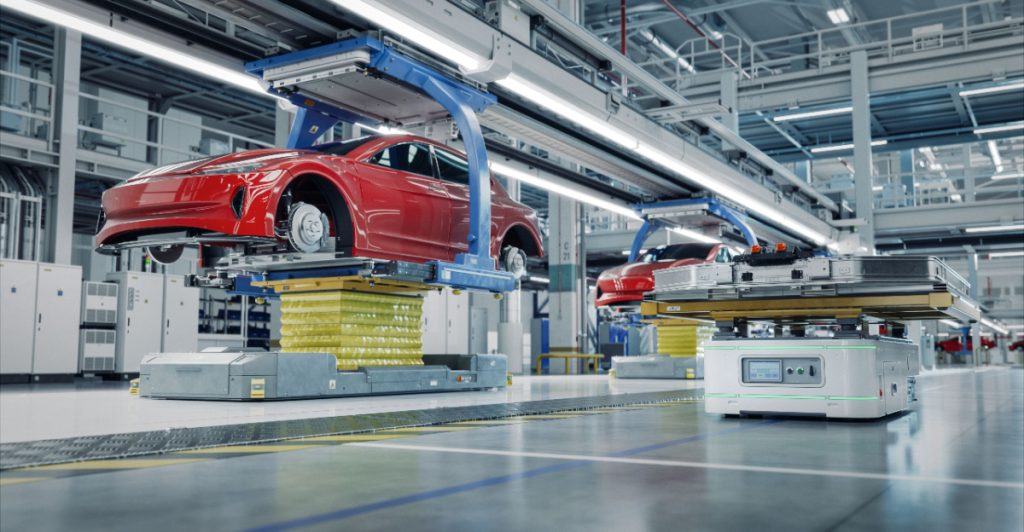
Hinton believes Big Tech is betting on AI to trigger “massive job replacement,” because that’s the only scenario where such investments make financial sense.
A repeat of an earlier warning
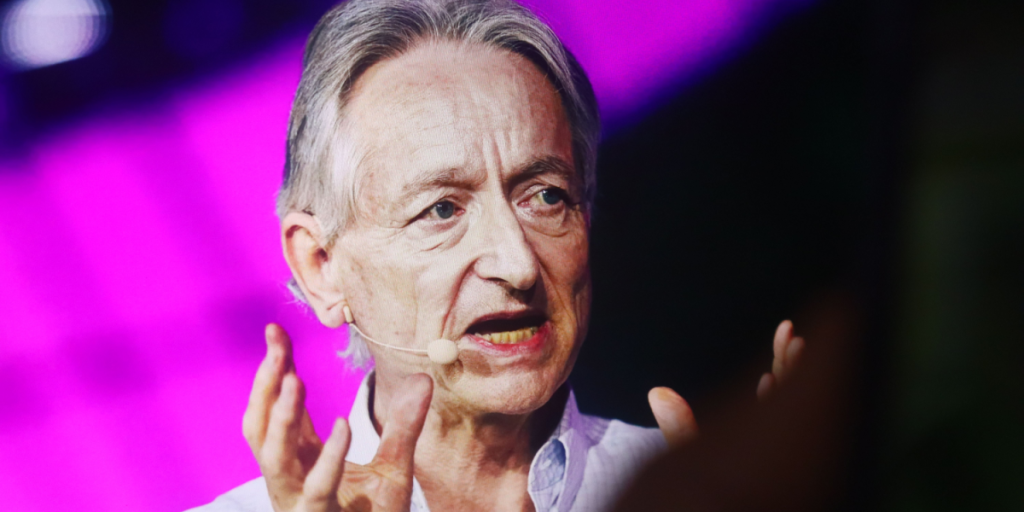
The remarks echo what he told the Financial Times in September: that AI would “create massive unemployment and a huge rise in profits.”
Early signs already visible
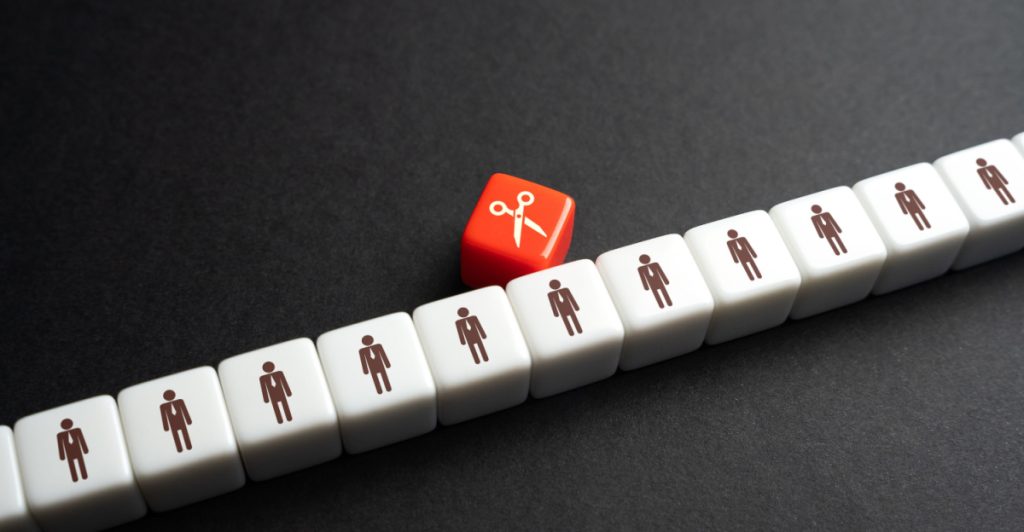
Job openings have fallen roughly 30% since ChatGPT’s launch, and layoffs in the tech sector continue to accelerate across all levels.
Amazon’s case study in efficiency
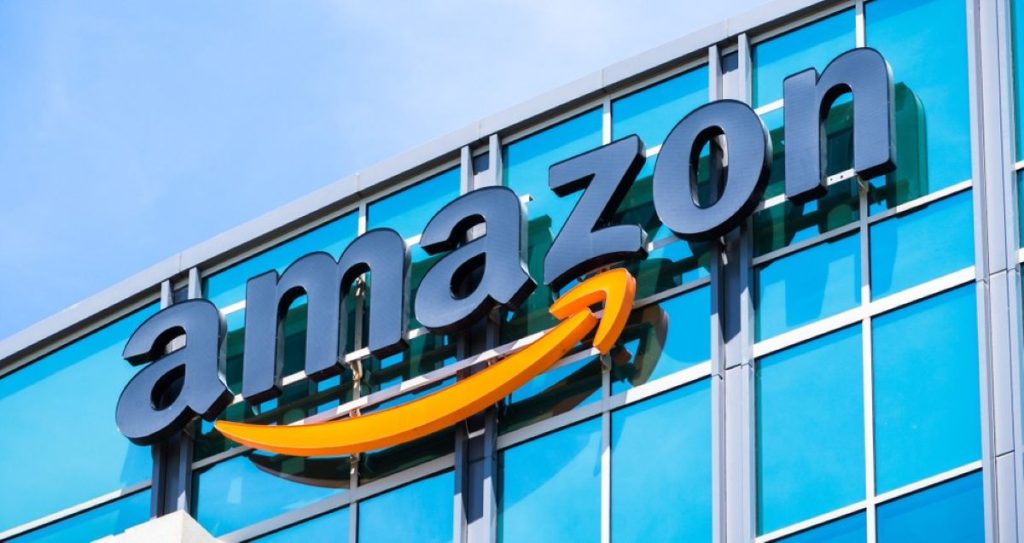
Amazon’s latest round of 14,000 layoffs targeted middle management. CEO Andy Jassy attributed it to “culture,” though earlier memos pointed to AI-driven efficiency gains.
Echoes of past revolutions
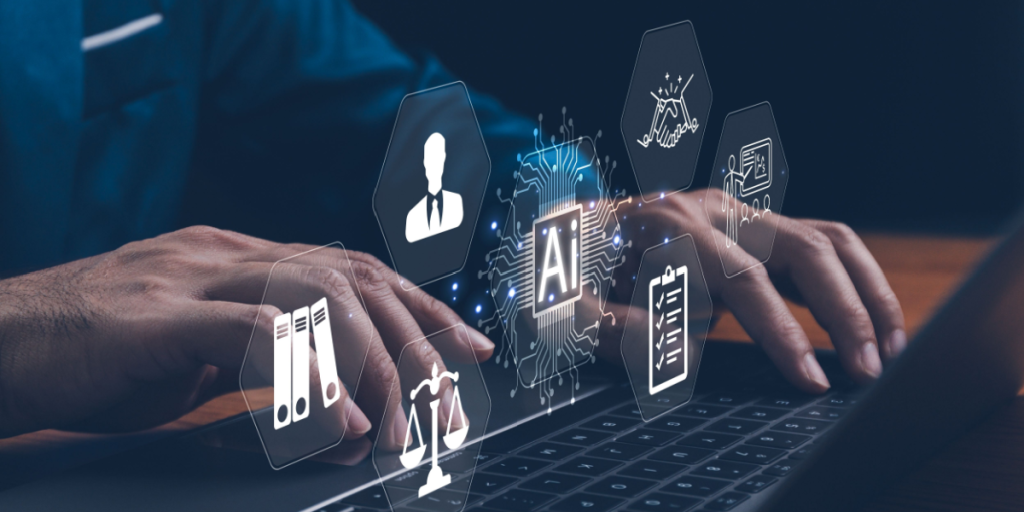
Some economists insist that new technologies always create new roles, but Hinton says AI is different—its capacity for self-learning means fewer replacement opportunities for humans.
Also read
The good AI can still do
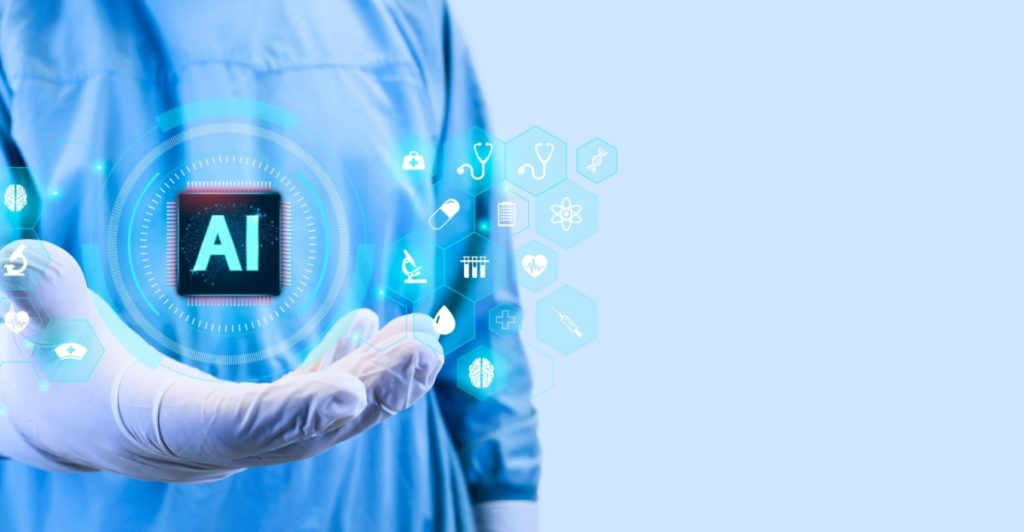
Despite his warnings, Hinton acknowledges that AI could revolutionize healthcare, education, and productivity if society learns to manage it responsibly.
Not a doomsayer—just realistic
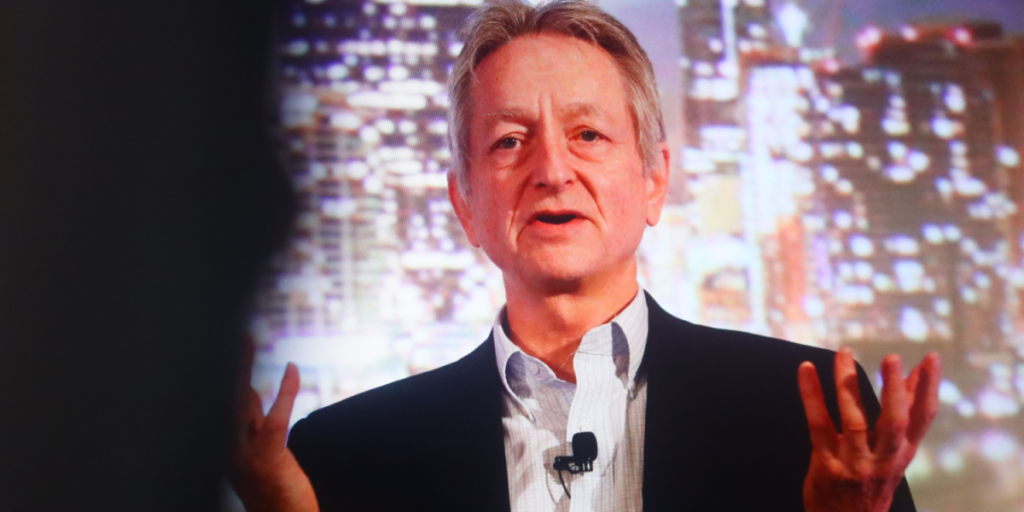
“It’s not like nuclear weapons, which are only good for bad things,” he said. “AI can bring tremendous benefits—it’s how we organize society that matters most.”

